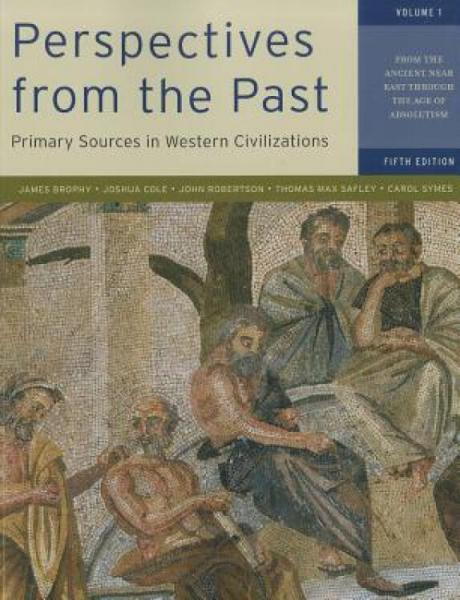Peter Cursing in the Bible: A Comprehensive Analysis and Theological Implications
Guide or Summary:Peter's Outburst: A Moment of Human FragilityTheological Implications: Forgiveness and RedemptionModern Relevance: A Reflection on Faith an……
Guide or Summary:
- Peter's Outburst: A Moment of Human Fragility
- Theological Implications: Forgiveness and Redemption
- Modern Relevance: A Reflection on Faith and Human Imperfection
Title: "Peter Cursing in the Bible: Unveiling the Hidden Narrative and Its Modern Relevance"
In the annals of biblical history, the apostle Peter stands as a towering figure, celebrated for his unwavering faith and pivotal role in the early Christian church. However, amidst the glowing narratives of his life, there exists a lesser-known episode that has often been overshadowed by the more prominent deeds of Peter. This article delves into the intriguing story of Peter cursing in the Bible, exploring its nuanced context, theological implications, and its relevance in the modern era.

Peter's Outburst: A Moment of Human Fragility
The narrative of Peter's outburst is recounted in the Gospel of Mark, chapter 14, verses 66-72. As Jesus faced his trial before the Sanhedrin, Peter, his closest companion, found himself caught in a web of fear and uncertainty. In the face of interrogation and pressure from the high priest, Peter denied Jesus three times, each denial punctuated by a vehement oath, swearing by his life that he did not know the man.
This moment of Peter's cursing, though often criticized for its perceived hypocrisy and betrayal, reveals a poignant portrayal of human frailty and the complexities of loyalty. Peter's denial, while deeply regrettable, is a testament to the intense psychological and emotional turmoil he endured. It serves as a stark reminder that even the most steadfast of individuals can falter under duress.
Theological Implications: Forgiveness and Redemption
The episode of Peter's cursing in the Bible offers profound theological reflections on forgiveness, redemption, and the transformative power of grace. Jesus' subsequent restoration of Peter, as recounted in the Gospel of Luke, chapter 22, verses 54-62, underscores the boundless mercy and forgiveness of God. Despite Peter's initial failure and subsequent shame, Jesus extends compassion and forgiveness, affirming that true repentance and restoration are possible.

This narrative not only highlights the human capacity for redemption but also serves as a beacon of hope for those who may have fallen short. It emphasizes the importance of humility, forgiveness, and the possibility of renewal, even in the face of profound failures.
Modern Relevance: A Reflection on Faith and Human Imperfection
In the contemporary context, the story of Peter cursing in the Bible offers valuable insights into the nature of faith, human imperfection, and the transformative power of forgiveness. It serves as a reminder that even the most ardent followers of faith can experience moments of doubt, fear, and failure. Peter's story encourages us to extend grace and understanding to ourselves and others, recognizing that redemption and forgiveness are fundamental aspects of the human experience.
Furthermore, this narrative challenges us to reflect on our own capacity for forgiveness and the importance of maintaining hope and faith in the face of adversity. It reminds us that true strength lies not in never faltering but in the resilience to rise, repent, and continue on the path of faith.

In conclusion, the episode of Peter cursing in the Bible offers a profound exploration of human frailty, theological forgiveness, and the enduring relevance of faith in our modern world. It challenges us to confront our own vulnerabilities, extend compassion and understanding, and embrace the transformative power of forgiveness. Through this narrative, we are reminded of the boundless mercy and grace of God, and the possibility of redemption and renewal, even in the face of profound failures.